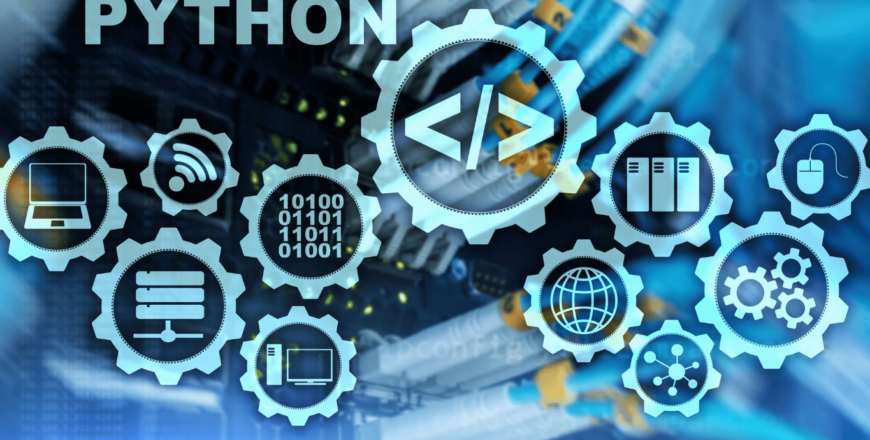Software development with Python

Introduction to Python
Functions
Datatypes
Files
Object & Class
Python Libraries
Object-Oriented Programming
Data Structures Algorithms
SQL
The course is designed for beginners, and no prior programming experience is required. However, a basic understanding of computer science concepts and familiarity with general software usage would be beneficial.
Python is a versatile programming language widely used in software development for various applications, including web development, data analysis, scientific computing, artificial intelligence, and more. Its clear syntax and extensive libraries make it suitable for rapid development and prototyping.
Dependency management in Python is often done using tools like "pip" and "virtual" (or "venv"). Pip helps install and manage packages, while virtual environments create isolated environments for projects, preventing conflicts between different project dependencies.
Version control, like Git, allows developers to track changes to their codebase, collaborate effectively, and revert to previous versions if needed. It's crucial for team collaboration, code review, and maintaining a history of project changes.
Object-oriented programming is a programming paradigm where code is organized around objects, which represent real-world entities and consist of attributes (data) and methods (functions). In Python, classes define the blueprint for objects, and instances are created based on these classes.
Automated testing involves writing test cases that verify whether different parts of your software work as expected. In Python, tools like "unittest" and "pytest" help set up and run tests automatically, ensuring that changes to the codebase don't introduce unintended bugs and maintaining software reliability.



